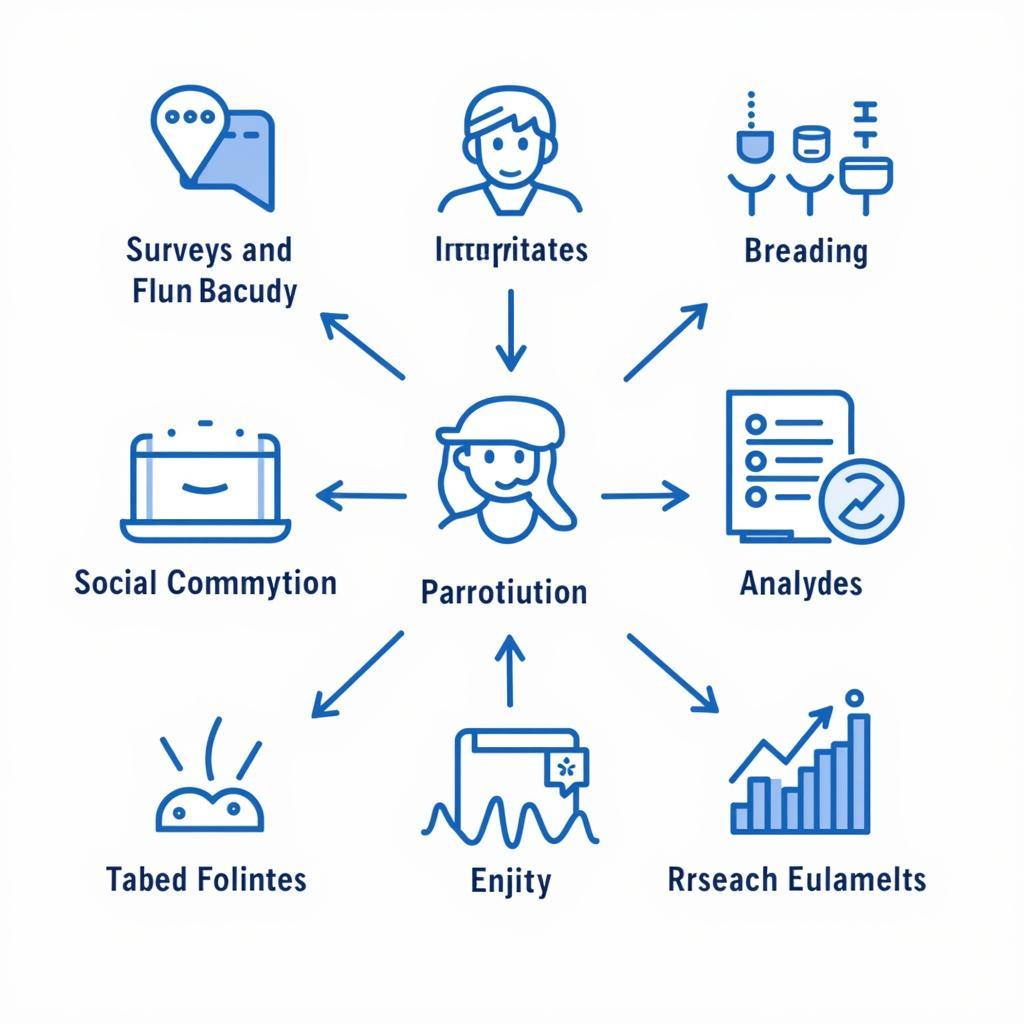Research is the cornerstone of understanding our complex social world. It’s a journey of inquiry, a systematic quest for knowledge and insights into the intricate tapestry of human behavior, societal structures, and the very essence of our collective existence. Investigating the social world requires a meticulous approach, a blend of scientific rigor and creative exploration.
 Social Science Research Methods
Social Science Research Methods
Unraveling the Process: A Step-by-Step Guide
Research in the social sciences is a multi-faceted process, often characterized by the following steps:
- Defining the Research Question: Every research endeavor begins with a question, a curiosity that sparks the desire to understand a particular aspect of the social world. This question should be clear, concise, and researchable, meaning it can be addressed through systematic investigation.
- Reviewing Existing Literature: Before embarking on original research, it’s crucial to delve into existing scholarship. This step helps researchers understand the current state of knowledge, identify gaps and inconsistencies, and refine their research questions.
- Formulating a Hypothesis: A hypothesis is a testable statement that proposes a relationship between two or more variables. It’s an educated guess that guides the research process and provides a framework for analysis.
- Choosing a Research Method: Social scientists employ a variety of research methods, each with its own strengths and limitations. These methods can be broadly categorized as qualitative or quantitative.
- Qualitative research focuses on in-depth understanding of experiences, perspectives, and meanings. It often involves methods like interviews, focus groups, and ethnography.
- Quantitative research, on the other hand, seeks to measure and quantify social phenomena. It relies on methods like surveys, experiments, and statistical analysis.
- Collecting Data: Data collection is the systematic gathering of information relevant to the research question. This could involve conducting interviews, distributing surveys, observing social interactions, or analyzing existing datasets.
- Analyzing Data: Once data is collected, researchers embark on the task of analysis, aiming to identify patterns, trends, and relationships that can shed light on the research question. This process might involve coding qualitative data, running statistical analyses, or a combination of both.
- Drawing Conclusions and Making Recommendations: Based on the data analysis, researchers draw conclusions about their findings and discuss their implications. They might also offer recommendations for future research or policy interventions.
 Qualitative and Quantitative Research Methods
Qualitative and Quantitative Research Methods
Navigating Ethical Considerations
Ethical considerations are paramount in social science research. Researchers have a responsibility to protect the well-being, dignity, and privacy of their participants. This involves:
- Informed Consent: Obtaining voluntary and informed consent from participants, ensuring they understand the nature and purpose of the research, as well as their rights.
- Confidentiality and Anonymity: Protecting the identities and personal information of participants, ensuring their responses are kept confidential and anonymous.
- Minimizing Harm: Taking steps to minimize any potential harm or discomfort to participants, both physical and emotional.
Research in Action: Unveiling Hidden Truths
The process of investigating the social world through research is an ongoing endeavor, constantly evolving and adapting to new challenges and opportunities. Here are a few examples of how research illuminates our understanding:
- Understanding Social Inequality: Research plays a crucial role in identifying and analyzing patterns of social inequality, shedding light on issues like poverty, discrimination, and access to resources. scholarship disability research
- Examining the Impact of Technology: As technology rapidly transforms our lives, research helps us understand its impact on our relationships, communication patterns, and social structures.
- Exploring the Dynamics of Culture: Research allows us to delve into the complexities of culture, examining beliefs, values, norms, and practices across different societies. religion research topics
Conclusion: Embracing Curiosity and Rigor
Investigating the social world through research is a journey driven by curiosity and guided by rigor. It’s a process of asking questions, seeking answers, and constantly refining our understanding of the human experience. By embracing both the art and science of research, we can continue to unravel the mysteries of the social world and create a more just and equitable society.
Need further guidance on research methods or topics? Explore these resources:
- types of research questions in qualitative research
- journal of early childhood research
- implications of research meaning
For personalized assistance with your research endeavors, contact us at:
Phone: 0904826292
Email: research@gmail.com
Visit us at:
No. 31, Alley 142/7, P. Phú Viên, Bồ Đề, Long Biên, Hà Nội, Việt Nam.
Our team is available 24/7 to provide support and answer your questions.